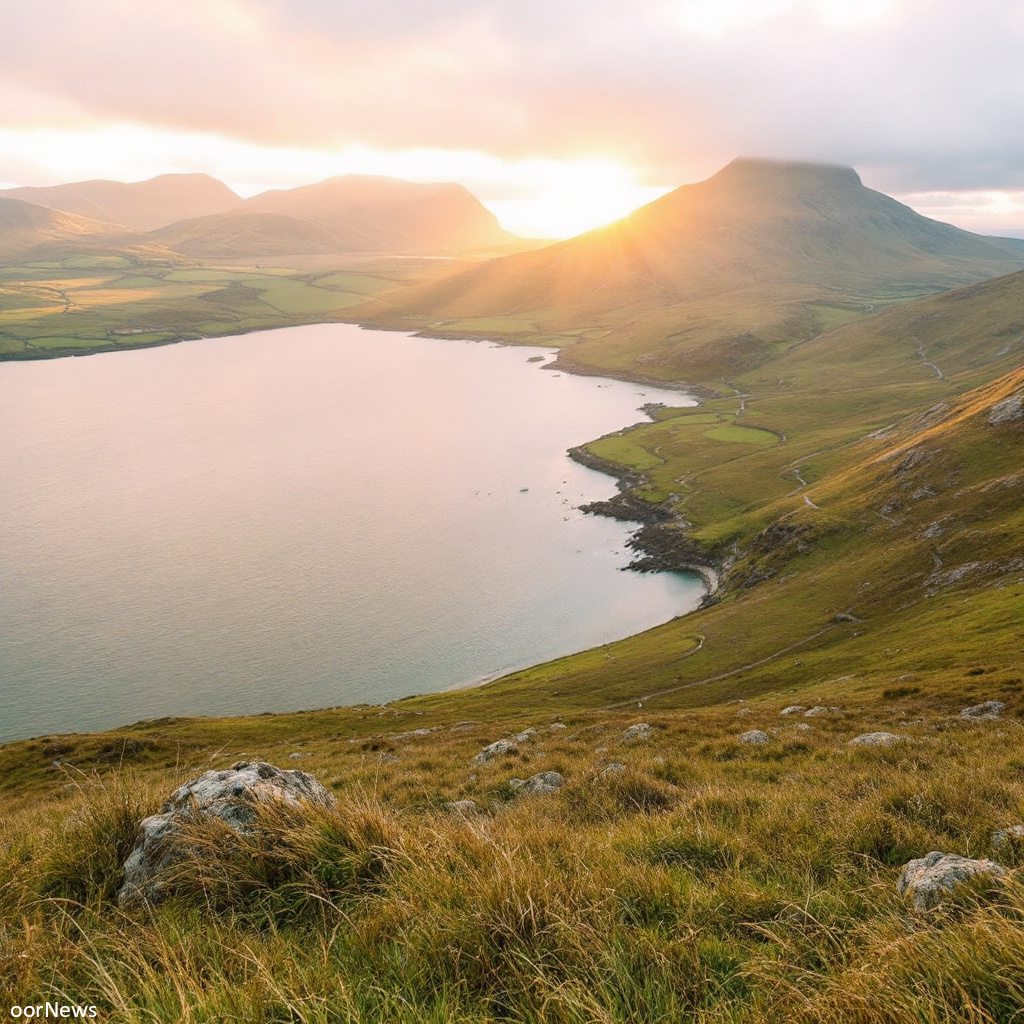Your cart is currently empty!

Empowering Gaelic: A Boost for Scotland’s Islands and Economy

Empowering Gaelic: A Boost for Scotland’s Islands and Economy
In a significant move to strengthen Scotland’s economy, the Deputy First Minister, Kate Forbes, has unveiled strategies aimed at supporting Gaelic entrepreneurs and enhancing the Gaelic language’s appeal to tourists. The announcement follows the release of a report highlighting the economic and social opportunities Gaelic presents as part of the Government’s National Strategy for Economic Transformation.
Emphasizing the importance of Gaelic, Forbes noted its global recognition as a vital aspect of Scotland’s heritage. “It enriches Scotland’s culture and is a source of wider national wealth,” she stated, underlining the language’s dual role as both an asset for the economy and essential for the sustainability of traditional Gaelic communities.
To further these aims, new grants totaling £1 million have been allocated from the Carbon Neutral Islands project. This funding will aid initiatives like affordable housing and habitat restoration in Raasay, exemplifying the government’s commitment to fostering thriving island communities.
The initiatives outlined include boosting accessibility for Gaelic medium education, thus allowing more parents to provide their children with the opportunity to learn the language. By integrating Gaelic into flagship support programs like Techscalers, the government aims to enhance the potential of Gaelic entrepreneurs.
The Carbon Neutral Islands progress report details how funding will support six projects across various locations, including a solar panel installation in Great Cumbrae and renewable developments in Islay. Additionally, Barra will see the decarbonization of the community hub while Raasay is set to revitalize vacant properties into affordable rental homes.
With these concerted efforts, the Scottish Government seeks to ensure that both Gaelic and its communities can prosper in today’s economic landscape. The future appears promising not only for the language but for the vibrant island cultures of Scotland that rely on it.